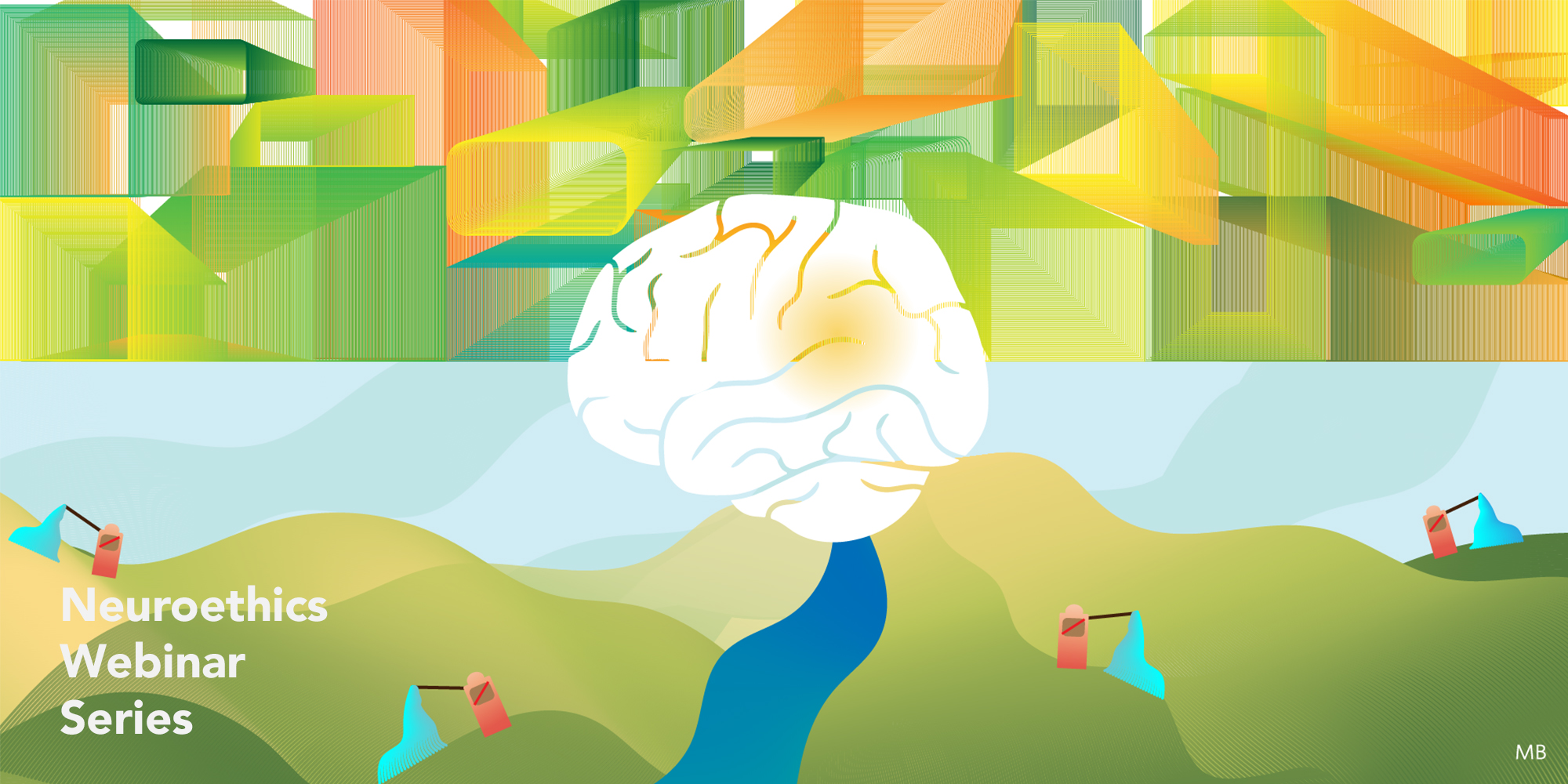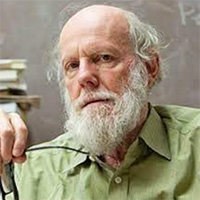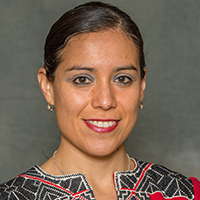Environmental Neuroethics: the Crossroads of Environment, Brain and Mental HealthJune 17, 2021  21st century environmental challenges coupled to novel scientific understandings of their impacts on neurological and mental health raise a distinct set of considerations at the interface between environmental ethics, brain health, and public policy. How do environmental factors like pollution, toxicity, and radiation affect the brain and present long-term epidemiological concerns? What about the relationship between environmental stressors and mental health among diverse demographic populations? How may public health and environmental strategies work in tandem to design interventions for the built and natural environments? And how can we facilitate discussion of all these questions to promote a future population-level resilience to the challenges brought on by environmental change? To encapsulate these emerging concerns at the convergence between brain and environmental health whilst aligning it with ethical considerations, the Emerging Issues Task Force of the International Neuroethics Society organized a virtual panel discussion. The panel focused on four areas of analysis. Specific attention was given to how these four tiers come together to provide directions for future ethically-minded and behaviorally-driven environmental health research.
Our panel of experts and rising scholars explored various ethical issues raised by the connection between brain and environment and addressed questions submitted by participants. Speakers included:
RecordingResourcesHere are a few articles, resources, and references mentioned during the webinar.
Speakers Caleb E. FinchUniversity of Southern California Dr. Caleb Finch is the ARCO/William F. Kieschnick Chair in the Neurobiology of Aging at the University of Southern California (USC). He is also founder of the AirPollBrain Network, an educational and research program at USC for environmental neurosciences, and co-principal investigator on a 5-year grant examining how urban air pollution contributes to accelerated brain aging and dementia risk.  Laura Y. CabreraPennsylvania State University Dr. Laura Cabrera is Associate Professor of Neuroethics at Penn State University and the Dorothy Foehr Huck and J. Lloyd Huck Early Career Chair in Neuroethics. She is a pioneer of environmental neuroethics as an area of study, focusing on the ethical and social implications of environmental changes for brain and mental health.  Louise HardingUniversity of British Columbia Louise Harding is a Project Lead at Neuroethics Canada and MSc student in Population and Public Health at the University of British Columbia, with a combined background in neuroscience, Indigenous studies, and nonprofit work. Her research emphasizes culturally meaningful and equitable access to brain technologies and Indigenous perspectives on brain and mind wellness.  Thomas AlbrightSalk Institute for Biological Studies Professor Thomas Albright is the Conrad T. Prebys Chair in Vision Research and Director of the Vision Center Laboratory at the Salk Institute for Biological Studies. As the former President of the Academy of Neuroscience for Architecture, his research informs brain-based design in the built environment adapted to education, wellness, and healthcare.  Judy IllesUniversity of British Columbia Dr. Judy Illes is Professor of Neurology and Director of Neuroethics Canada at the University of British Columbia. As a pioneer of neuroethics, her research centers on the intersection between neurosciences and biomedical ethics. Among her many leadership roles, she is the co-lead of the Canadian Brain Research Strategy and the Pan Canadian Neurotechnology Ethics Consortium. SupportWe are able to provide free access to Neuroethics Webinar Series events thanks to the volunteer contributions and financial support of our members. Please consider making a donation or joining the Society to help us continue to organize more online events like these. DonateEmail Signup |
